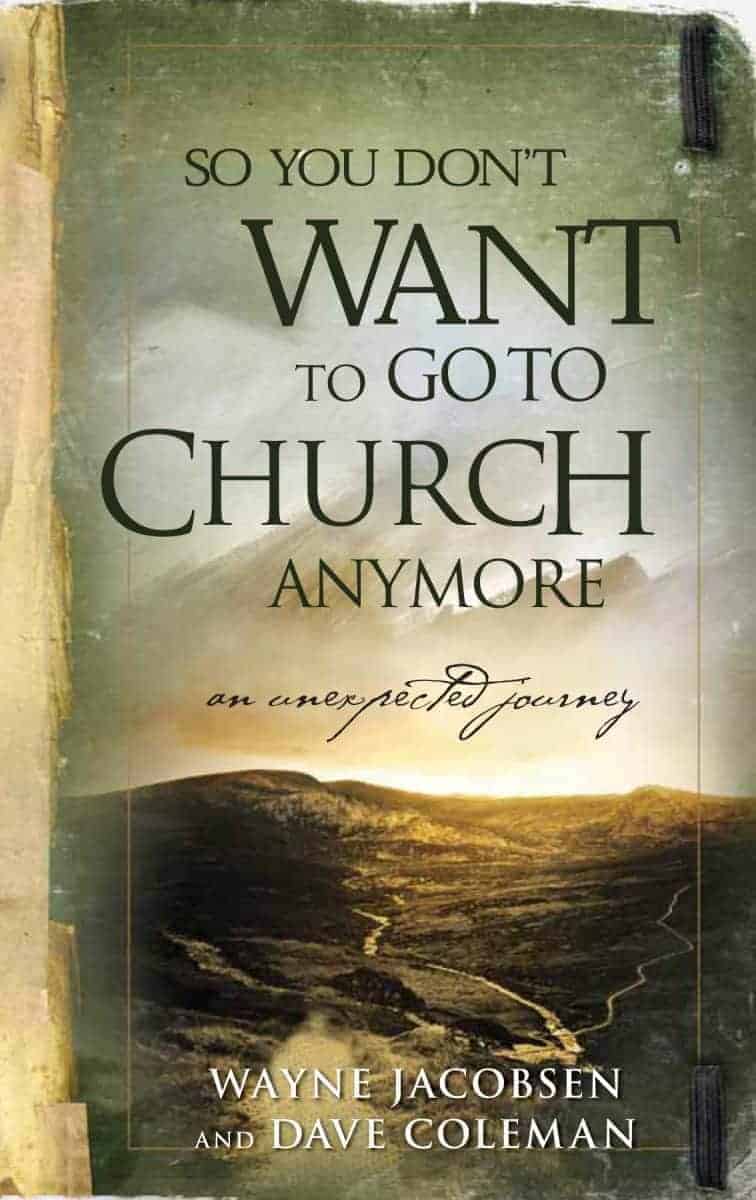The Divine Moment
"For [Saint Catherine of Siena], the divine moment was the present moment. And when such a present moment was considered as a whole and in its details, when the duty included in it had been done, there was nothing more to do, according to her, than to let it go as if it had never been, so that it could make room for the reality and the duties of the following moment". ~ William James
Yesterday, March 25, 2015. John Baillie refers to a thought by Saint Catherine of Siena (whom I've never heard of) in his devotional A Diary of Private Prayer.
Today, I research the Saint Catherine's "divine moment" reference and discover that, in fact, William James penned it while speaking of "Saint Catharine of Genoa" (same saint?) and her mystical experiences.
"...it is said that 'she took cognizance of things, only as they were presented to her in succession, moment by moment.'"
Digging deeper I discover James' lectures on "Saintliness" in his book The Varieties of Religious Experience: A Study in Human Nature. In one lecture he states:
The transition from tenseness, self-responsibility, and worry, to equanimity, receptivity, and peace, is the most wonderful of all those shiftings of inner equilibrium, those changes of personal centre of energy, which I have analyzed so often; and the chief wonder of it is that it so often comes about, not by doing, but by simply relaxing and throwing the burden down.
I look up the word equanimity.
(Latin: æquanimitas having an even mind; aequus even animus mind/soul) is a state of psychological stability and composure which is undisturbed by experience of or exposure to emotions, pain, or other phenomena that may cause others to lose the balance of their mind. The virtue and value of equanimity is extolled and advocated by a number of major religions and ancient philosophies.
The English writer Samuel Johnson, a.k.a. Dr Johnson, defined equanimity as "evenness of mind, neither elated nor depressed." In Christian philosophy, equanimity is considered essential for carrying out the theological virtues of gentleness, contentment, temperance, and charity. [Twenty essays on the practical improvement of God's providential dispensations]
"If you don't search for more, you'll never find it." ~ Galen G. Weston

» Post a Comment